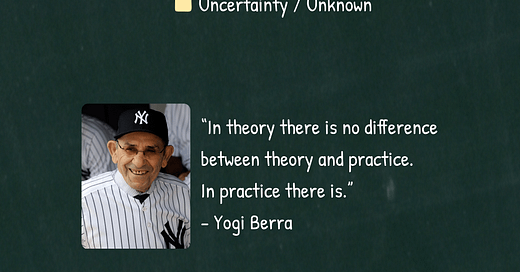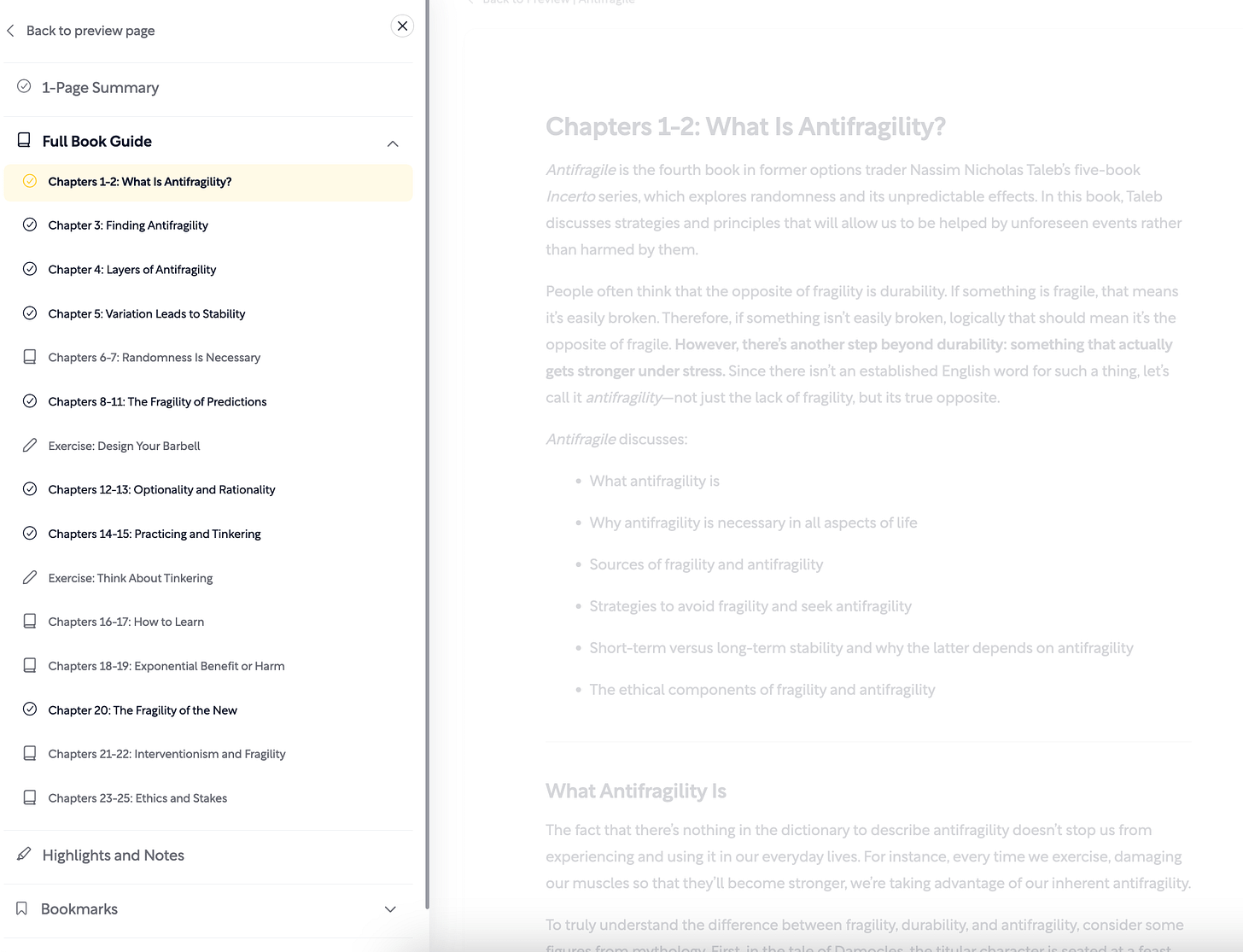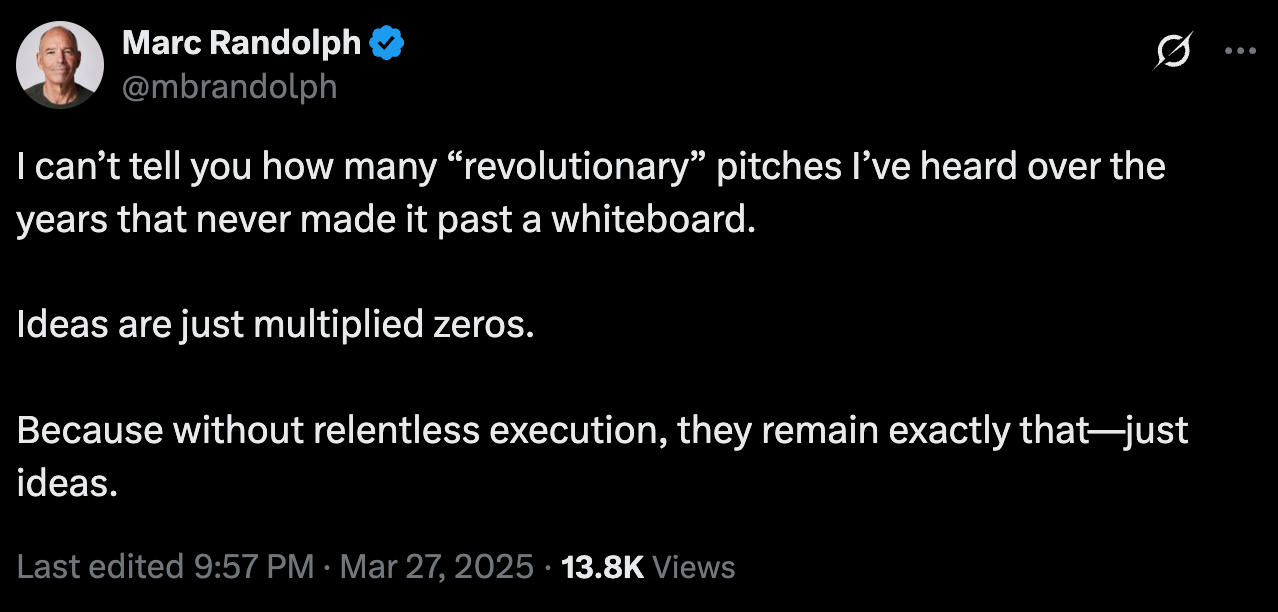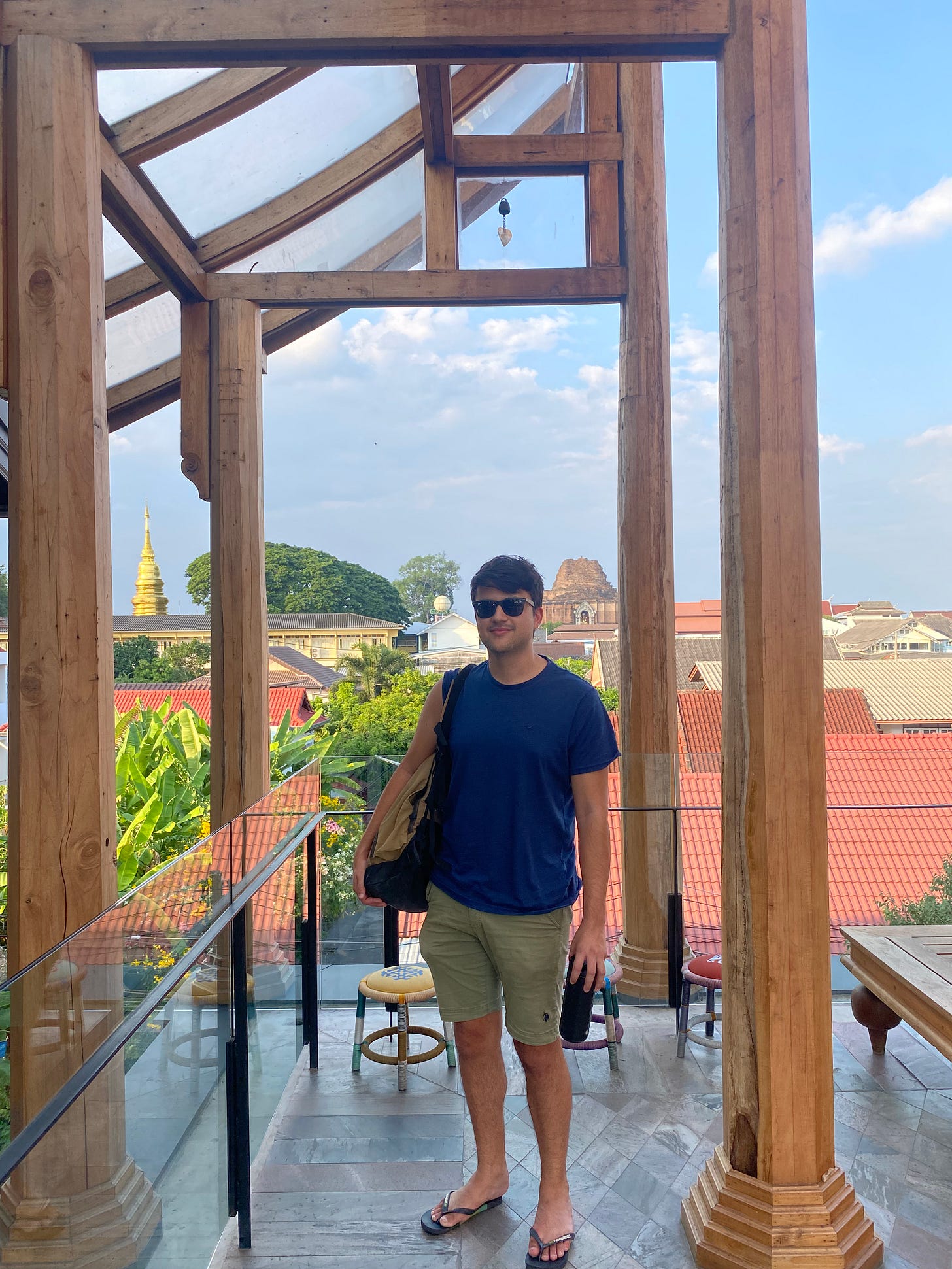👋 Hey friend
I was reading the Incerto (this is the bundle of Nassim Taleb’s 5 books) and I found a short chapter that really made me reflect for quite some time.
In today’s letter, I’m sharing that chapter with you! (with my usual visual to make the nugget more memorable and fun!)
👤 Doers
💡Nugget
🟠 Nassim Nicholas Taleb:
At the start of the Jewish revolt in the first century of our era, much of the Jews’ anger was caused by the Romans’ insistence on putting a statue of Caligula in their temple in Jerusalem in exchange for placing a statue of the Jewish god Yahweh in Roman temples. The Romans did not realize that what the Jews (and the subsequent Levantine monotheists) meant by god was abstract, all embracing, and had nothing to do with the anthropomorphic, too human representation that Romans had in mind when they said deus. Critically, the Jewish god did not lend himself to symbolic representation.
Likewise, what many people commoditize and label as “unknown,” “improbable,” or “uncertain” is not the same thing to me; it is not a concrete and precise category of knowledge, a nerdified field, but its opposite; it is the lack (and limitations) of knowledge. It is the exact contrary of knowledge; one should learn to avoid using terms made for knowledge to describe its opposite.
What I call Platonicity, after the ideas (and personality) of the philosopher Plato, is our tendency to mistake the map for the territory, to focus on pure and well-defined “forms,” whether objects, like triangles, or social notions, like utopias (societies built according to some blueprint of what “makes sense”), even nationalities. When these ideas and crisp constructs inhabit our minds, we privilege them over other less elegant objects, those with messier and less tractable structures…
Platonicity is what makes us think that we understand more than we actually do. But this does not happen everywhere. I am not saying that Platonic forms don’t exist. Models and constructions, these intellectual maps of reality, are not always wrong; they are wrong only in some specific applications. The difficulty is that
a) you do not know beforehand (only after the fact) where the map will be wrong, and
b) the mistakes can lead to severe consequences.
These models are like potentially helpful medicines that carry random but very severe side effects.
The Platonic fold is the explosive boundary where the Platonic mind-set enters in contact with messy reality, where the gap between what you know and what you think you know becomes dangerously wide. It is here that the Black Swan is produced.
“What I’m against is being very confident and feeling that you know, for sure, that your particular action will do more good than harm.
You’re dealing with highly complex systems wherein everything is interacting with everything else.”
- Charlie MungerLearn more from Nassim Nicholas Taleb at Shortform!
They have in-depth study guides of his books: Skin in the Game, Antifragile, Fooled by Randomness, and The Black Swan.
With a summary for each chapter of the book,
Interactive exercises across the study guide,
Expert commentary with clarifications and counterpoints,
A Community to discuss the insights of the book,
And it’s also audio-recorded! (for if you prefer to listen).
I personally use Shortform to quickly learn the best ideas from thousands of non-fiction books, and it’s been invaluable for boosting my rate of learning!
Get your 5-day free trial and 20% off with my affiliate link - shortform.com/littlealmanack
💥 Stuff I Loved
Hope you enjoyed today’s letter!
Talk you soon,
Julio :)














